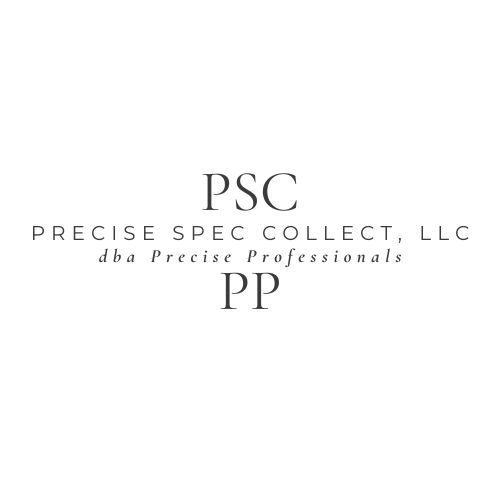Top 5 Myths About DNA Testing Debunked
Unveiling the Truth Behind DNA Testing
With the rise of genetic testing companies offering at-home kits, DNA testing has become a popular topic. However, along with its popularity comes a slew of misconceptions. This post aims to debunk the top five myths surrounding DNA testing, providing clarity on what these tests can and cannot do.

Myth 1: DNA Testing Can Predict Your Entire Future
One common myth is that DNA tests can predict everything about your future health and traits. While genetic tests can identify certain markers related to health risks, they are not crystal balls. Environmental factors, lifestyle choices, and other variables play a significant role in your overall health.
DNA tests can indicate a predisposition to certain conditions, but they cannot guarantee the onset of diseases. It's important to combine genetic information with lifestyle management and regular medical check-ups for a comprehensive understanding of your health.
Myth 2: All DNA Tests Are the Same
Another misconception is that all DNA tests provide the same results. In reality, different tests analyze different aspects of your genetic material. Some are designed for ancestry analysis, while others focus on health-related genetic markers.
It's crucial to choose the right test based on what you want to learn. Ancestry-focused tests might not provide detailed health insights, and vice versa. Always read the test description carefully to ensure it meets your expectations.

Myth 3: Your DNA Results Are 100% Accurate
Many people believe that DNA test results are infallible. However, while they are generally reliable, no test is 100% accurate. Factors such as sample contamination, laboratory errors, or limitations in current scientific knowledge can affect results.
Most companies offer a margin of error and emphasize that their testing should not replace professional medical advice. It's advisable to consult healthcare professionals for interpretations and further testing if needed.
Myth 4: DNA Testing Compromises Your Privacy
Privacy concerns are a major reason some individuals hesitate to get tested. While these worries are valid, reputable companies have strict privacy policies in place. They ensure that your data is encrypted and stored securely.

Before purchasing a test, review the company's privacy policy to understand how your data will be used. Some companies allow you to opt-out of data sharing or delete your information upon request.
Myth 5: DNA Testing Reveals Everything About Your Ancestry
Lastly, many assume DNA testing provides a complete picture of one's ancestry. While these tests can offer insights into your ethnic background, they often rely on data from existing databases that may not cover all geographic regions equally.
Results might show a general region or population group but may not pinpoint exact locations or cultural identities. It's important to view these results as one piece of the puzzle in understanding your heritage.
In conclusion, while DNA testing offers valuable insights, it's essential to approach it with an informed perspective. Understanding these myths helps set realistic expectations and allows you to fully appreciate what genetic testing can offer without falling prey to misconceptions.
